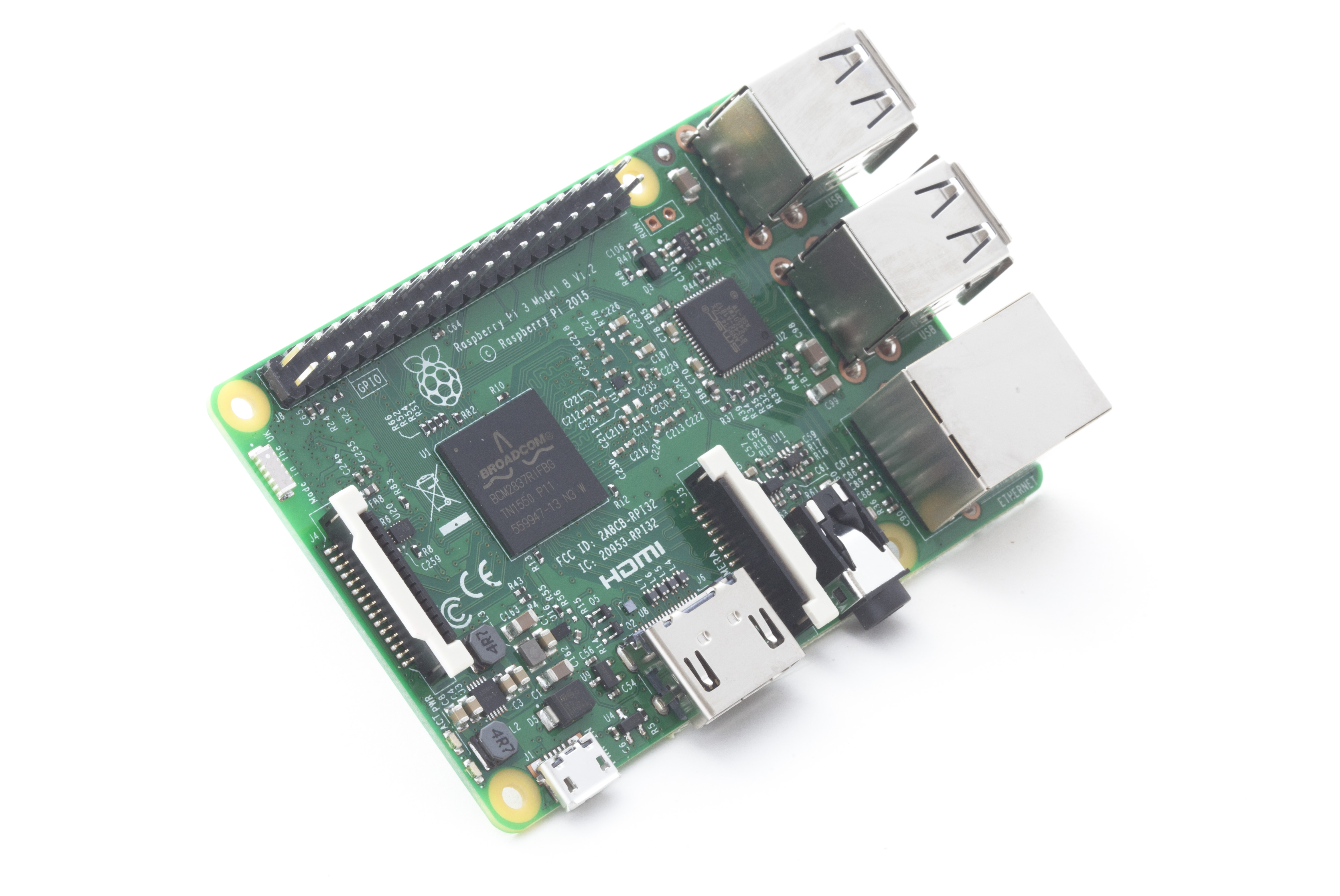 NEWS
NEWS
 NEWS
NEWS
 NEWS
NEWS
The Raspberry Pi Foundation just announced the release of the Raspberry Pi 3 Model B, a tiny open source hardware platform for Internet of Things applications, which comes with 802.11n wireless LAN and Bluetooth 4.1. The Pi 3 also boasts a powerful 1.2 Ghz 64-bit quad-core ARM Cortex-A53 CPU (clocking in at approximately 10x the performance of the Raspberry Pi 1 and 2x faster than the Pi 2).
The entire package will be on sale for $35 from element14 and RS Components. This places the price the same as its predecessor the Raspberry Pi 2 Model B.
The addition of on-board Wi-Fi makes the Raspberry Pi 3 a particular gem in its field as these units are used primarily as test beds for embedded computing projects, many of which use wireless to communicate. All Raspberry Pi models support USB and developers need to use a dongle to enable Wi-Fi, having it on board makes it easier to use it.
Project developers will also be able to easily upgrade from previous Raspberry Pi models as the board is compatible with the previous Pi 1 and Pi 2 models.
For an excellent analysis of the hardware’s details read the write up in Make: magazine.
The CPU on board the Pi 3 is a Broadcom BCM2837 64-bit chip clocked at 1.2 Ghz and is supported by 1GB of on-board RAM (this is the same amount of RAM in the previous model.
The Pi 3 Model B uses virtually the same form factor as the Pi 2, but needed to move some things around to make room for the Wi-Fi antenna. The design incorporates a BCM43438 wireless “combo” chip. The board can still be run with a 5V micro-USB power adapter; although the Foundation recommends a 2.5A adapter in case the developer uses a lot of power-hungry USB connections.
The Raspberry Pi small-form factor computing platform was first released in 2013 and quickly sold out. The platform continues to be a cheap source of hardware for Internet of Things projects and developers looking to prototype and test ideas for embedded computing.
Earlier this year, IoT middleware applications developer myDevices (Avanquest North America Inc.) released a drag-and-drop app for the Raspberry Pi aimed at both the independent garage developer and enterprise. arkOS is a secured virtual gateway designed for the Pi that allows a home user to self-host their own personal cloud.
Even Microsoft has gotten into the Raspberry Pi phenomenon with a version for Windows 10 designed for the small computing platform.
Support our mission to keep content open and free by engaging with theCUBE community. Join theCUBE’s Alumni Trust Network, where technology leaders connect, share intelligence and create opportunities.
Founded by tech visionaries John Furrier and Dave Vellante, SiliconANGLE Media has built a dynamic ecosystem of industry-leading digital media brands that reach 15+ million elite tech professionals. Our new proprietary theCUBE AI Video Cloud is breaking ground in audience interaction, leveraging theCUBEai.com neural network to help technology companies make data-driven decisions and stay at the forefront of industry conversations.